GENERAL SEALTECH LIMITED is a high-quality diaphragm product manufacturer that provides comprehensive services and has been meeting the diverse needs of many customers for over 20 years. We produce high-quality diaphragm products to meet your batch and customization needs.
Our tradition is to maintain the shortest turnaround time in the industry, making us your reliable diaphragm production partner. Our engineers check the specified quality through tolerances on dimensions and required performance of the finished product to ensure timely delivery. Provide high-quality products at competitive prices and deliver them on time.
| Product Name | hardi pump diaphragm |
| Materials | NBR,Silicone,FKM,ACM,EPDM,etc |
| Brand Name | GENERAL SEALTECH |
| Place of Origin | China |
| Product Type | Diaphragm |
| Colors | white,Recommended black |
| Sample | Available |
| Hardness | 20~90 Shore A diaphragm for regulator |
| Packing | PE Bag+Carton |
| OEM/ODM | Yes |
| Export region | Oceania,America,Asia… |
| Export Country | USA,France,Italy,Australia,Vanuatu,South Africa,Libya,Lithuania…etc |
| Properties | Aging Resistance,Cold Resistance,Strong Resilience…etc |
| Size | DN max = 2000mm, all other smaller sizes will per customer demands |
| Warranty | 1 Year |
| Function | Seal for Valve,Machine,etc |
| After-sale Service | Online technical support |
| Certification | KTW,RoHS,FDA,REACH,National Sanitary Certificate,etc |
| Packaging | carton or according to requirements of the customers |
| Lead time (days) | 7-15 (To be negotiated) |
| Supply Ability | 50000-200000 Piece/Pieces per Month |
Please note: The above table data is for reference only. For specific information, please contact us.
hardi pump diaphragm products typically have high plasticity and can be used in very low temperatures and high temperature ranges. They can also be produced using different technologies such as thin film construction, hot melt construction, and fiber construction.
The diaphragm has strong wear resistance, but it is easily damaged during installation. If cracks appear, they should be reinstalled in a timely manner;
During normal use, check the sealing condition of the diaphragm to prevent water leakage;
Please do not change the installation position of the diaphragm product during use to avoid affecting the effect.
Provide customized services exclusive to customers, and customize various diaphragm products according to their needs to meet the needs of different industries.
hardi pump diaphragm—FAQs Guide
2.Can hardi pump diaphragm be used in applications requiring compliance with industry standards, such as FDA, ASME, or ISO?
3.What is a diaphragm?
4.About hardi pump diaphragm,How can I get the best price and quality?
5.Can hardi pump diaphragm be used in air-operated or pneumatic systems, and how do they contribute to system functionality?
6.What is the role of hardi pump diaphragm in controlling the flow of aggressive or corrosive chemicals in chemical processing applications?
7.Are there hardi pump diaphragm designed for quick and easy replacement to minimize downtime in industrial processes?
8.How do hardi pump diaphragm perform in high-vibration environments, and what measures are taken to ensure their reliability in these conditions?
9.Are hardi pump diaphragm available in different shapes and sizes to suit specific applications?
10.What types of sealing mechanisms are commonly used with hardi pump diaphragm, such as clamped, bolted, or adhesive seals?
11.How do hardi pump diaphragm contribute to the precision and accuracy of pressure control and regulation systems?
12.How does the thickness of a hardi pump diaphragm affect its flexibility and pressure resistance?
13.How do hardi pump diaphragm maintain their flexibility and resilience over time, and what factors can lead to wear or degradation?
14.What mechanical and industrial applications can diaphragms be used in?
15.About hardi pump diaphragm,What information should the customer provide to get an accurate quote from us?
1.As a hardi pump diaphragm manufacturer,what services can we provide?
Free design and samples offered.Custom package and stickers.
2.Can hardi pump diaphragm be used in applications requiring compliance with industry standards, such as FDA, ASME, or ISO?
Yes, diaphragms can be used in applications requiring compliance with industry standards, such as FDA, ASME, or ISO. However, the specific requirements of the application must be taken into consideration when selecting the appropriate diaphragm material and design.
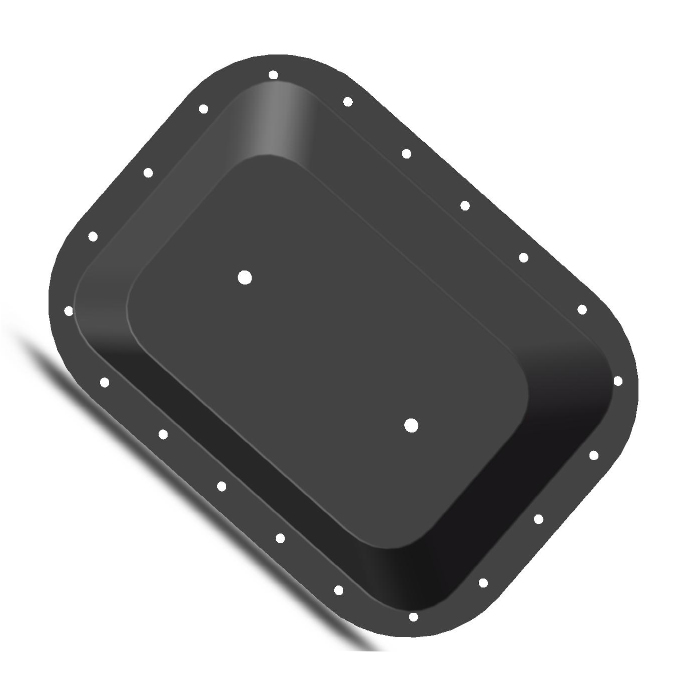
3.What is a diaphragm?
A diaphragm is a thin, dome-shaped muscle located between the thoracic and abdominal cavities. It is the primary muscle of respiration and helps to regulate the flow of air into and out of the lungs. The diaphragm also plays an important role in aiding digestion by helping to move food through the digestive tract.
4.About hardi pump diaphragm,How can I get the best price and quality?
The price depends on the quantity, design and size. If you order more, the price and shipping will be cheaper.
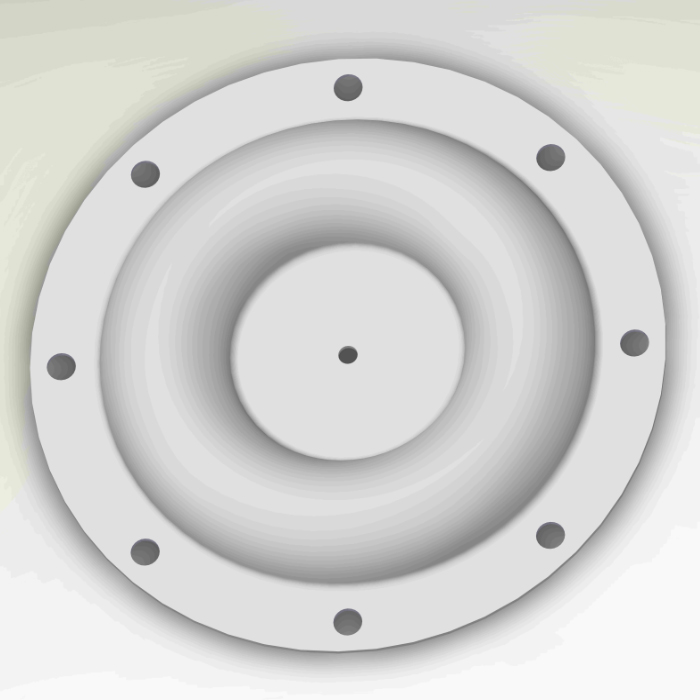
5.Can hardi pump diaphragm be used in air-operated or pneumatic systems, and how do they contribute to system functionality?
Yes, diaphragms can be used in air-operated or pneumatic systems. Diaphragms are flexible membranes that are used to separate two different areas of a system. They are used to control the flow of air or other gases in a system. They can be used to regulate the pressure of the system, to control the flow of air, and to act as a check valve. Diaphragms can also be used to dampen vibrations and reduce noise.
6.What is the role of hardi pump diaphragm in controlling the flow of aggressive or corrosive chemicals in chemical processing applications?
Diaphragms are used to control the flow of aggressive or corrosive chemicals in chemical processing applications. They act as a barrier between the chemical and the process equipment, preventing the chemical from coming into contact with the equipment and causing corrosion or other damage. Diaphragms are also used to regulate the flow of the chemical, allowing for precise control of the process.
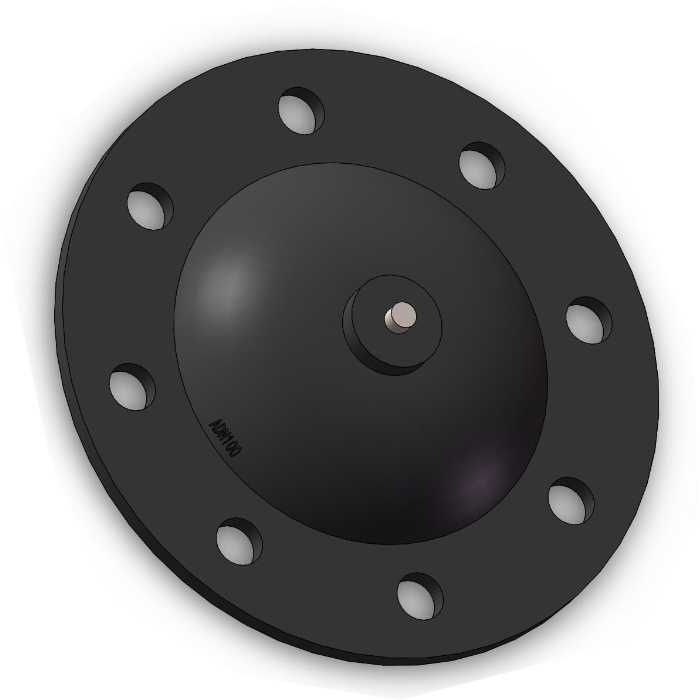
7.Are there hardi pump diaphragm designed for quick and easy replacement to minimize downtime in industrial processes?
Yes, there are diaphragms designed for quick and easy replacement to minimize downtime in industrial processes. These diaphragms are typically made of materials such as rubber, silicone, or PTFE, and are designed to be easily replaced without the need for tools or special equipment. Additionally, some diaphragms are designed with quick-connect fittings to further reduce downtime.
8.How do hardi pump diaphragm perform in high-vibration environments, and what measures are taken to ensure their reliability in these conditions?
Diaphragms are designed to be highly reliable in high-vibration environments. To ensure their reliability, measures such as using thicker diaphragm material, using multiple layers of material, and using dampening materials such as rubber or foam are taken. Additionally, the diaphragm should be securely mounted to the structure to prevent it from vibrating excessively. Finally, the diaphragm should be inspected regularly to ensure that it is not damaged or worn out.
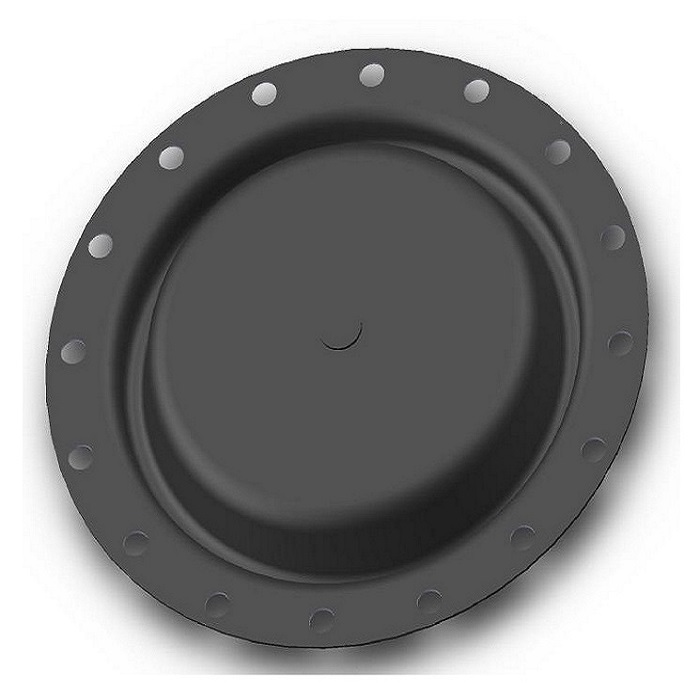
9.Are hardi pump diaphragm available in different shapes and sizes to suit specific applications?
Yes, diaphragms are available in different shapes and sizes to suit specific applications. The shape and size of the diaphragm will depend on the application and the type of material used. For example, a diaphragm made of rubber may be used for a water pump, while a diaphragm made of metal may be used for a pressure regulator.
10.What types of sealing mechanisms are commonly used with hardi pump diaphragm, such as clamped, bolted, or adhesive seals?
In general, hardi pump diaphragm will use these sealing mechanisms:
1. Clamped Seals: Clamped seals are the most common type of diaphragm seal. They are typically used in applications where the pressure is relatively low and the temperature is not too extreme. Clamped seals are easy to install and provide a reliable seal.
2. Bolted Seals: Bolted seals are used in applications where the pressure is higher and the temperature is more extreme. They are more difficult to install than clamped seals, but provide a more reliable seal.
3. Adhesive Seals: Adhesive seals are used in applications where the pressure is low and the temperature is not too extreme. They are easy to install and provide a reliable seal. However, they are not as reliable as clamped or bolted seals.
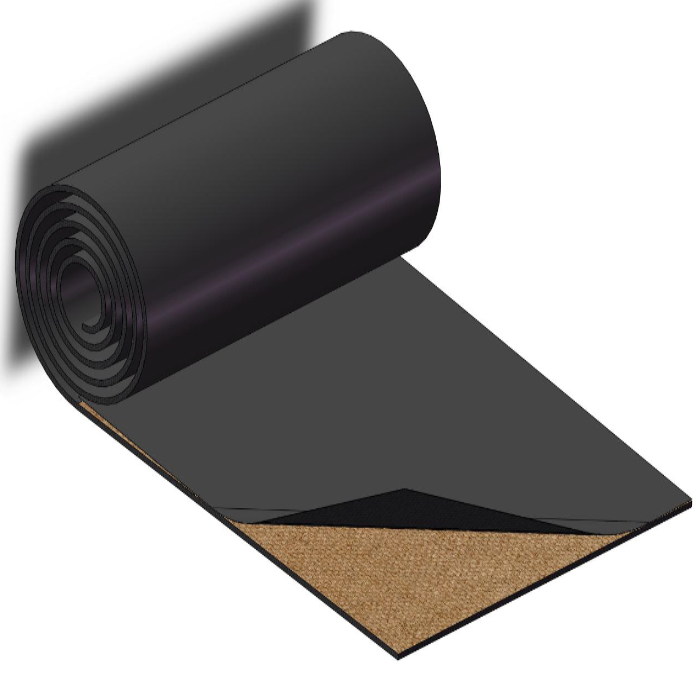
11.How do hardi pump diaphragm contribute to the precision and accuracy of pressure control and regulation systems?
Diaphragms are used in pressure control and regulation systems to provide a precise and accurate control of pressure. They are used to separate the pressure sensing element from the process fluid, allowing for a more accurate and repeatable measurement of pressure. The diaphragm also acts as a barrier to prevent contamination of the sensing element, which can lead to inaccurate readings. The diaphragm also helps to dampen pressure fluctuations, providing a more stable and consistent pressure control.
12.How does the thickness of a hardi pump diaphragm affect its flexibility and pressure resistance?
The thicker the diaphragm, the less flexible it will be and the more pressure it will be able to resist. This is because thicker diaphragms are more rigid and can withstand higher pressures without deforming. Thinner diaphragms are more flexible and can deform more easily under pressure, but they are also less resistant to pressure.
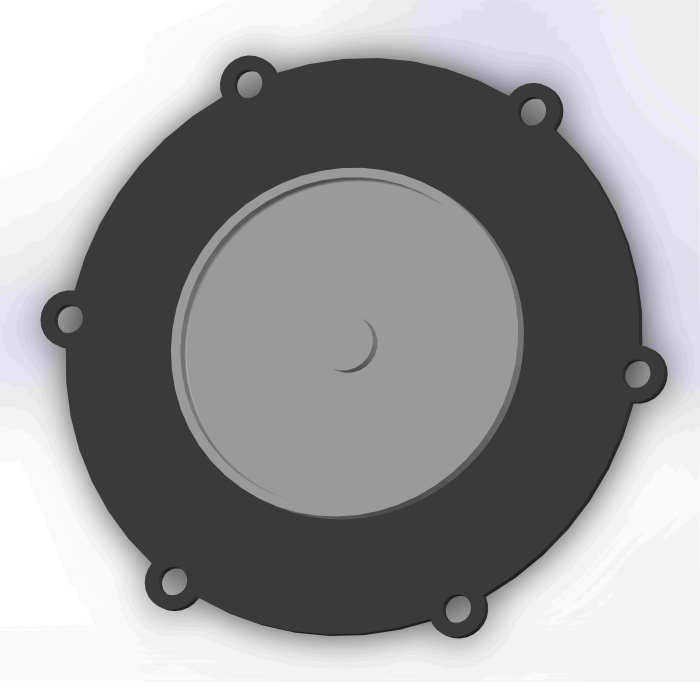
13.How do hardi pump diaphragm maintain their flexibility and resilience over time, and what factors can lead to wear or degradation?
Diaphragms maintain their flexibility and resilience over time by being made of materials that are resistant to wear and tear. Common materials used for diaphragms include rubber, silicone, and polyurethane. These materials are designed to be durable and flexible, and can withstand a wide range of temperatures and pressures.
Factors that can lead to wear or degradation of diaphragms include exposure to extreme temperatures, exposure to chemicals, and physical damage. Additionally, diaphragms can become brittle over time due to age and exposure to the elements. To prevent wear or degradation, it is important to inspect diaphragms regularly and replace them when necessary.
14.What mechanical and industrial applications can diaphragms be used in?
Diaphragms can be applied in multiple industries. GENERAL SEALTECH will introduce these to you:
1. Pumps: Diaphragms are used in pumps to separate the pump chamber from the motor, allowing the pump to move fluid without the motor becoming contaminated.
2. Valves: Diaphragms are used in valves to control the flow of liquids and gases.
3. Compressors: Diaphragms are used in compressors to create a seal between the compressor and the cylinder, allowing the compressor to compress the air or gas.
4. Actuators: Diaphragms are used in actuators to convert energy into motion.
5. Filters: Diaphragms are used in filters to separate particles from liquids and gases.
6. Seals: Diaphragms are used in seals to create a tight seal between two surfaces.
7. Pressure Vessels: Diaphragms are used in pressure vessels to contain and control the pressure of a gas or liquid.
8. Heat Exchangers: Diaphragms are used in heat exchangers to separate two fluids while allowing heat to transfer between them.
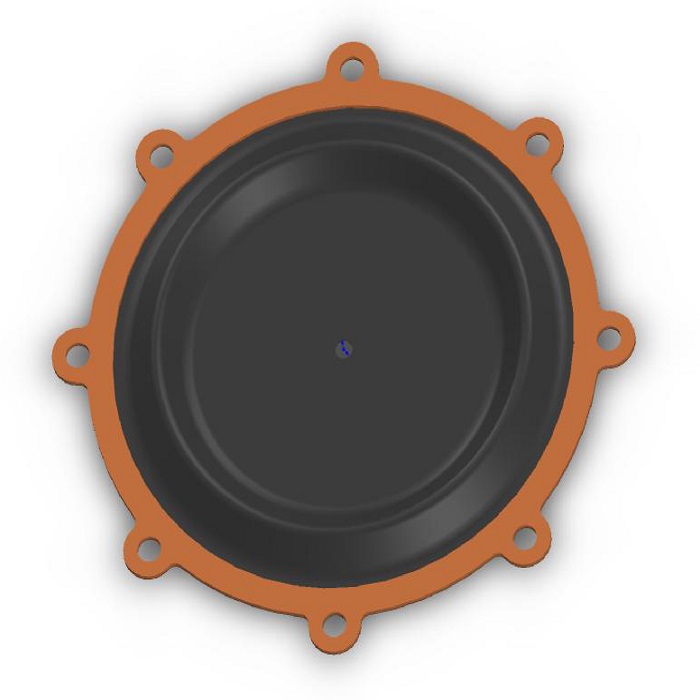
15.About hardi pump diaphragm,What information should the customer provide to get an accurate quote from us?
Customers need to provide relevant technical requirements, drawings, pictures, industrial voltage, planned output, etc.
Tags: repairing rubber diaphragms,accelerator pump diaphragm gasket,fcr accelerator pump diaphragm,cat 3406b fuel pump diaphragm,prominent pump diaphragm,2 stroke outboard fuel pump diaphragm

